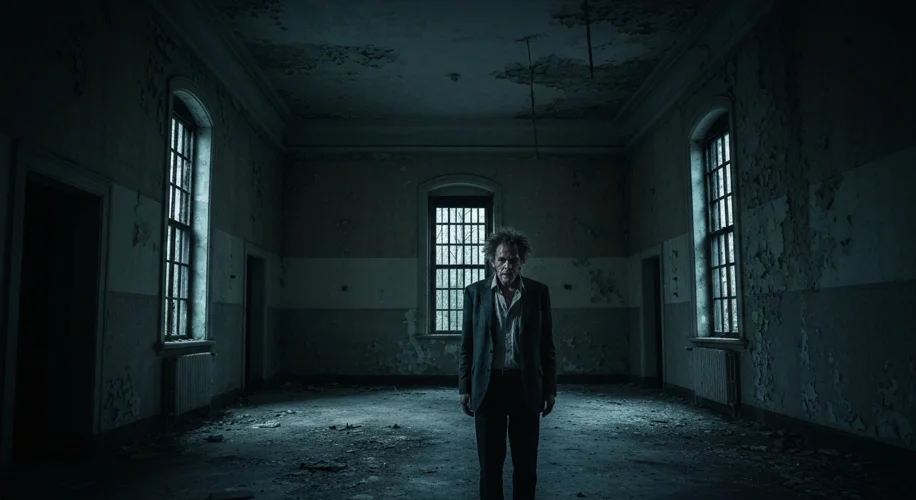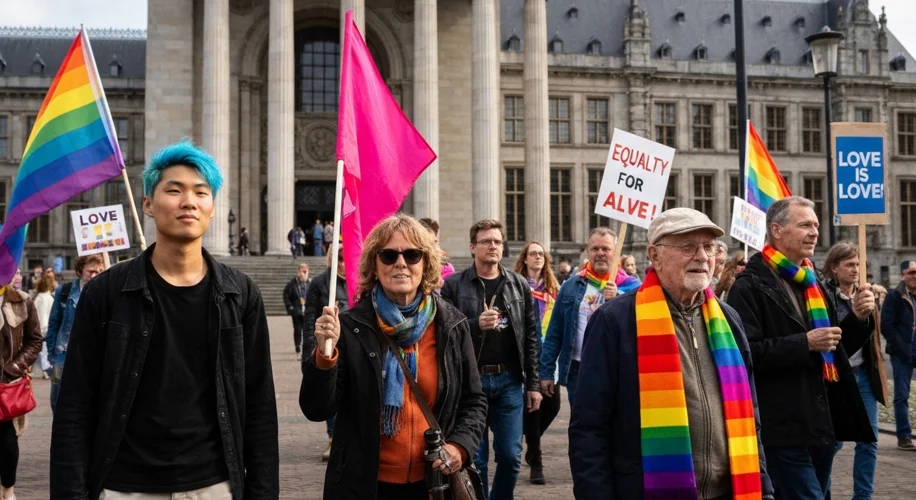In the heart of Europe, a nation once quietly grappled with practices that inflicted deep harm on its LGBTQ+ citizens. The Netherlands, a country often lauded for its progressive policies, has a history intertwined with the pervasive, yet often hidden, struggle against conversion therapy and the long, arduous journey towards full LGBTQ+ rights. This narrative culminates in a pivotal parliamentary vote, a testament to a society evolving its understanding of human dignity and equality.
For decades, the specter of conversion therapy loomed, a practice rooted in the misguided belief that sexual orientation or gender identity could, or should, be changed. These methods, often cloaked in the guise of therapy or religious counsel, inflicted immense psychological and sometimes physical trauma. They preyed on vulnerability, shame, and a desperate desire for acceptance in a world that often rendered LGBTQ+ individuals outcasts. In the Netherlands, as in many parts of the world, these practices were not confined to the fringes; they were sometimes sanctioned, or at least tolerated, within established institutions.
The cultural landscape of the mid-20th century, with its conservative undertones and the lingering shadows of post-war societal norms, provided fertile ground for such practices. While the Netherlands was not immune to the global waves of social change, the path to LGBTQ+ liberation was neither swift nor seamless. Early advocacy groups began to emerge, challenging prevailing prejudices and demanding recognition, but their voices were often met with resistance, misinformation, and the quiet persistence of discriminatory attitudes.
The narrative of LGBTQ+ rights in the Netherlands began to shift more noticeably in the latter half of the 20th century. The decriminalization of homosexual acts in the 1970s marked a significant turning point. This legal reform was not merely a bureaucratic adjustment; it was a cultural signal that society was beginning to question its deeply ingrained biases. However, legal recognition was only one piece of a much larger puzzle. The fight continued for equal rights in marriage, adoption, and employment, and crucially, for protection against harmful practices like conversion therapy.
The key actors in this unfolding drama were not just the individuals who bravely shared their stories of suffering and resilience, but also the activists, legal scholars, and politicians who championed change. Organizations like COC Nederland (Cultuur en Ontspanning Centrum) played a vital role, providing support, advocacy, and a platform for the LGBTQ+ community. They meticulously documented the harms of conversion therapy, gathering evidence and building a compelling case for legislative action.

The turning point towards explicitly banning conversion therapy gained momentum in the 21st century. As awareness grew and more personal testimonies surfaced, the urgency to act became undeniable. The Dutch parliament, reflecting a broader societal shift in understanding and empathy, began to seriously consider legislative measures. This process involved extensive debate, scientific input on the ineffectiveness and harm of these practices, and a deep consideration of human rights.
The culmination of this long struggle arrived with a parliamentary vote, a moment where the nation collectively decided to draw a line. The decision to ban conversion therapy practices was not just about protecting a vulnerable community; it was a reaffirmation of fundamental human rights – the right to self-determination, the right to health, and the right to live free from discrimination and harm.
The consequences of this legislative victory are profound. It sends a clear message that the Netherlands stands in solidarity with its LGBTQ+ citizens, unequivocally condemning practices that seek to alter their identity. This ban not only aims to prevent future harm but also serves as a form of acknowledgment and redress for the suffering endured by those who were subjected to conversion therapy in the past. It is a step towards healing and reconciliation, fostering a more inclusive and accepting society.
Analyzing this historical trajectory reveals a powerful testament to social progress. The Netherlands’ journey from tolerating harmful practices to actively legislating against them mirrors broader global trends, yet it also highlights the specific efforts and dedication of individuals and groups within the country. The story of conversion therapy and LGBTQ+ rights in the Netherlands is a compelling reminder that history is not merely a collection of facts, but a continuous narrative of struggle, resilience, and the enduring human quest for equality and dignity.

